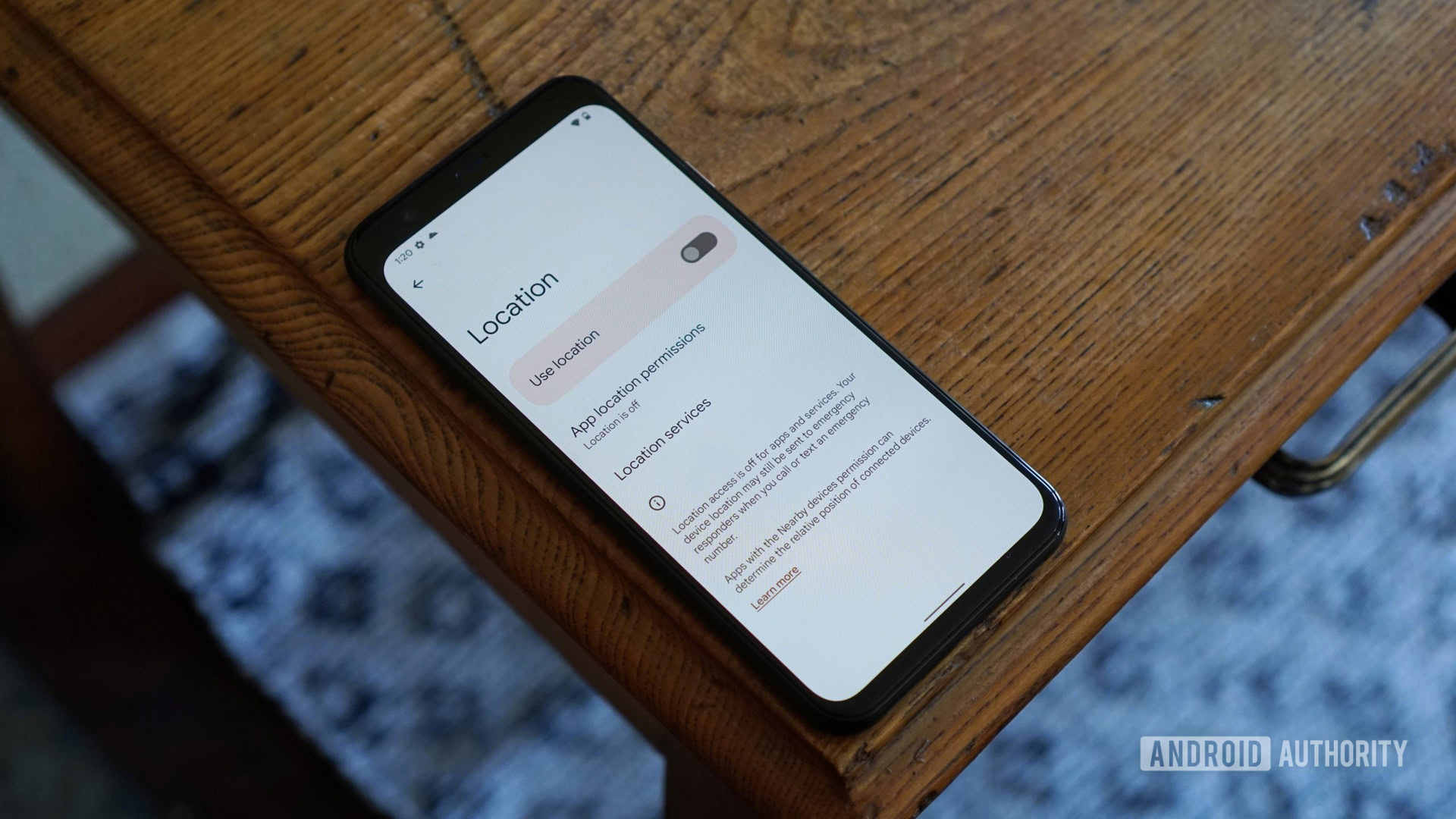Affiliate links on Android Authority may earn us a commission. Learn more.
New documents show, again, that the US government is watching you all the time
Published onJuly 18, 2022

- New documents show how the US government is continuing to buy smartphone tracking data on a huge scale.
- Purchasing data allows government officials to bypass the need for a warrant.
- The bipartisan Fourth Amendment Is Not For Sale Act could stop this practice.
Over the past few years, there have been quite a few bombshell reports related to smartphone tracking by the United States government. Essentially, government officials legally buy location data on the open market and use that data to monitor citizens. This loophole allows officials to bypass the need for a warrant when tracking specific individuals.
Now, new documents obtained by the American Civil Liberties Union (ACLU) (via TechCrunch) throw more gasoline onto the fire. The ACLU says the documents — obtained through an ongoing Freedom of Information Act (FOIA) lawsuit — reveal a staggering amount of tracking.
The documents show that, over three days in 2018, Customs and Border Protection (CBP) obtained records containing nearly 114,000 location points in the United States. That’s more than 26 location points tracked each minute.
See also: Is selling your privacy for a cheaper phone really a good idea?
These documents further prove that we need to pass the bipartisan Fourth Amendment Is Not For Sale Act. This act purports to “put a stop to shady data brokers buying and selling Americans’ Constitutional rights.” The Fourth Amendment protects US citizens from unreasonable searches and seizures.
Fourth Amendment Is Not For Sale Act: What would it stop?
In the case of these recently unearthed documents, the US government worked with a company called Venntel. This company skims user data off popular smartphone apps. It then aggregates that data and sells it to anyone who wants to buy. Ostensibly, those customers should be using it for business purposes, with advertisers being an obvious example.
However, government agencies can swoop in and buy the data as well. Even though there isn’t any personally identifying information (PII) in the data, that doesn’t stop officials from being able to make deductions. For example, if a data point spends 12 hours a day at an address and then spends eight hours a day at a place of business, it wouldn’t be difficult to deduce who that person is based on easily obtained address records and LinkedIn profiles.
The Fourth Amendment Is Not For Sale Act would put a stop to this by essentially banning the ability of the government to purchase the data. Instead, the government would need to go through the usual channels, which would mean obtaining a warrant — just like it would need to do to physically search a person’s home.
The bill is spearheaded by Senators Ron Wyden (D-Oregon) and Rand Paul (R-Kentucky). It already has the support of 18 other senators.